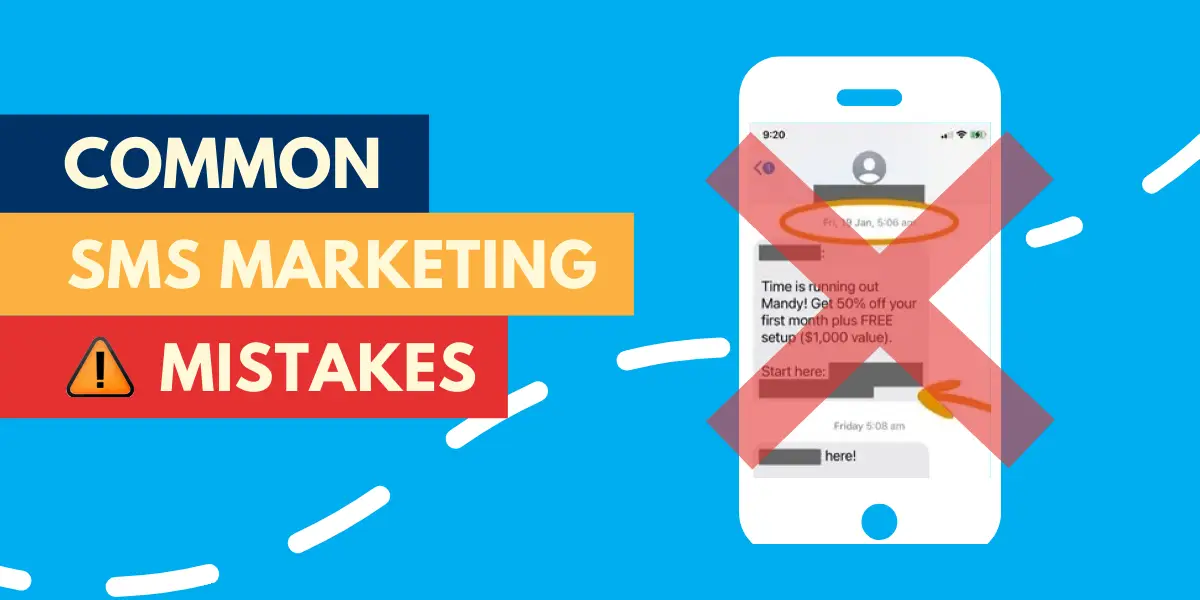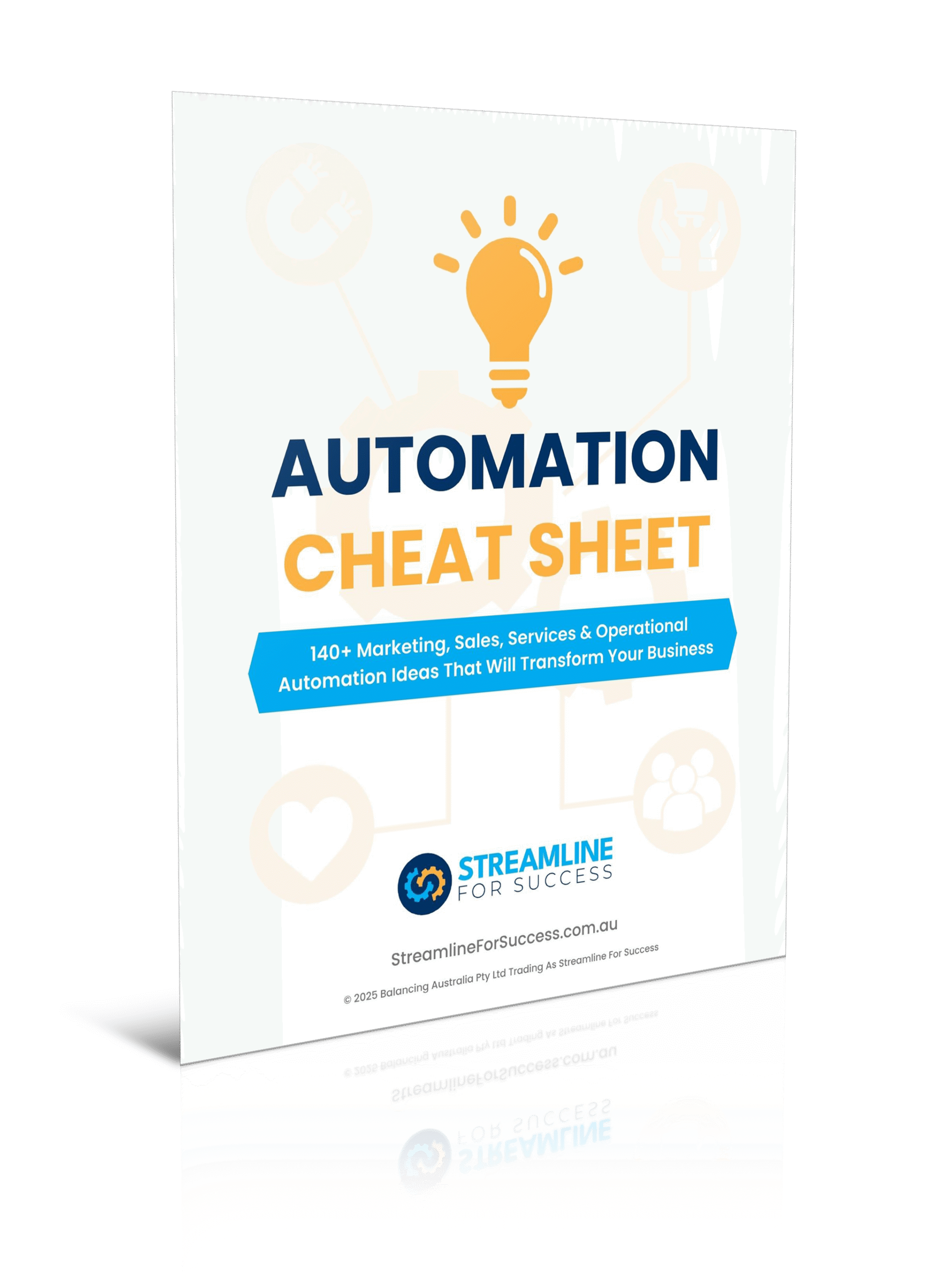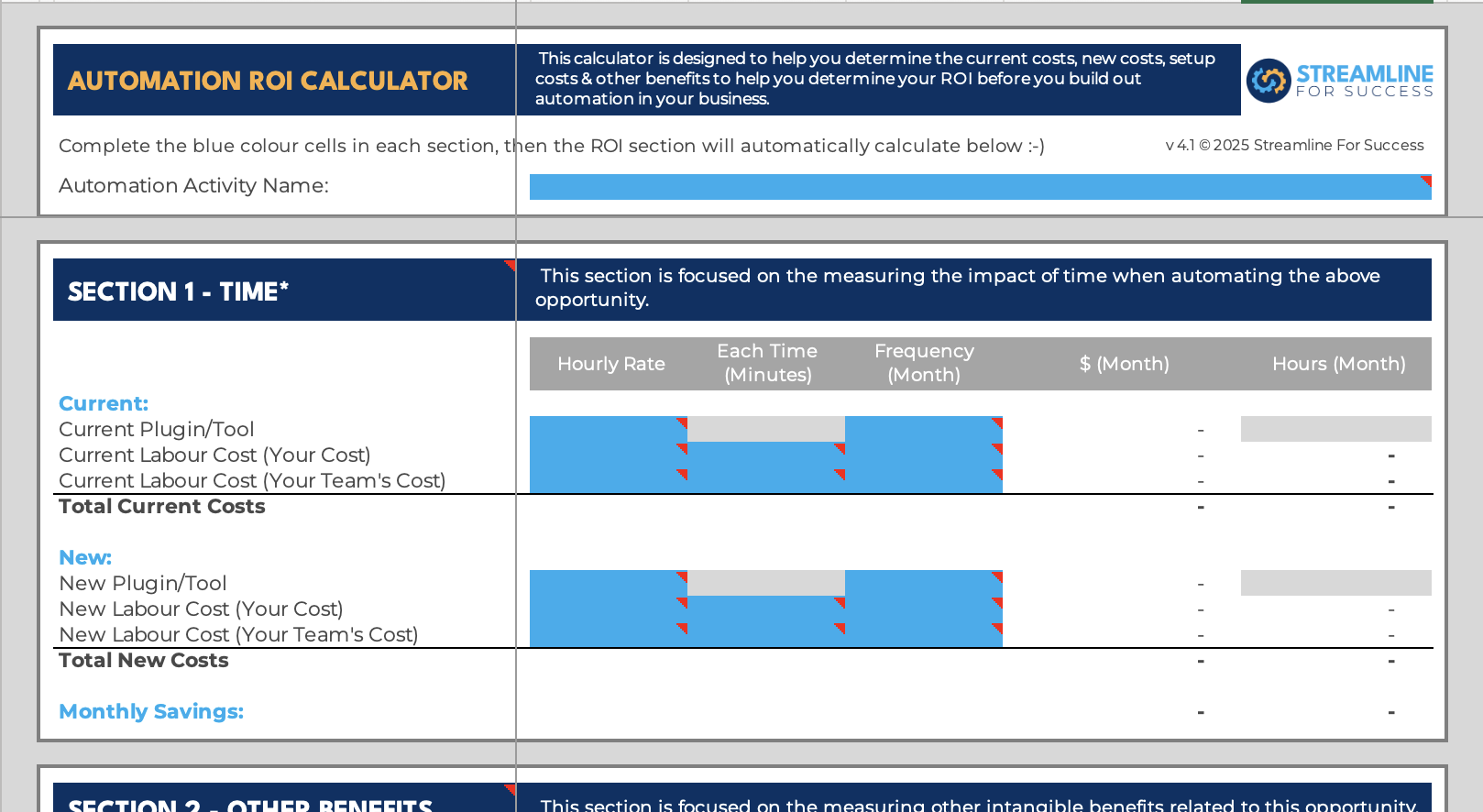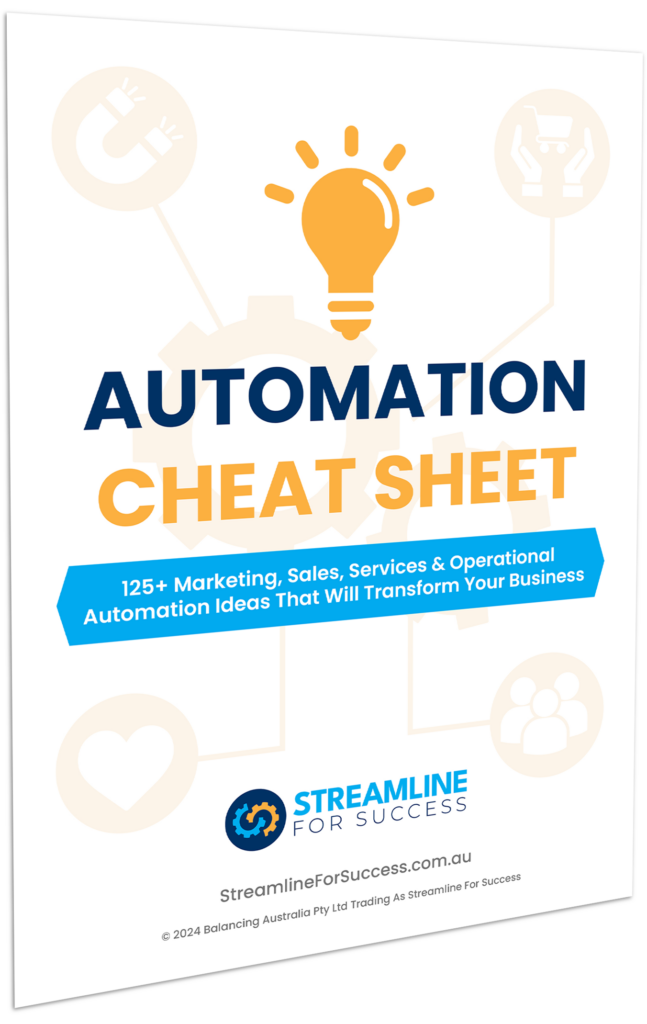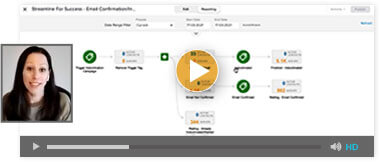Small business automation focuses on improving efficiencies in the running of your business. Unlike large corporations, who can somehow justify absorbing some wastage, small businesses have greater consequences for inefficiencies.
If you’re frustrated by having to duplicate your efforts to get things done, you’re sick of all of the extra hours you need to do to complete simple and repeatable tasks manually or you are offering an inconsistent experience with your customers – then automation is critical.
The manual long and frustrating approach, doesn’t need to be this way.
Your business can be easy, reliable and consistent. In fact, by having it this way, it can free up your time and put the focus back on your customer, strategy and other value added activities.
So what is small business automation?
Small business automation describes the procedures, processes, systems and repeatable actions to streamline your operation to improve efficiency.
Small business automation is important for any business, however for a small business, this is essential.

For example, in a large corporation there may be multiple people who process a sales order transaction. You may have the Sales Executive enter the sales opportunity in one system, then the proposal is created by their Assistant outside of the sales system and an email is sent to the Accounts department with details to create the invoice from the financial system.
This is a simple example of how the one transaction touches three parties and at least two different systems. I’m sure you’re business is not that complicated ;-)!
However, this highlights that opportunities lie in creating efficiencies in any business to make operations more streamlined.
If a business is to move away from being dependent on a sole owner, then automation is a must. The same applies should a business owner wish to franchise or sell, to achieve a higher sale price, there are fundamentals that must be in place. This is evident particularly in businesses that all the intellectual property is held in the mind of the owner and there is no operational documentation. A business buyer will find it increasingly difficult to value and ultimately run the business should there be no formal guidelines after they take it over.
To identify and take action to automating in your business, here are some questions to get you thinking:
- What tasks do you manually do every week/month?
- Prioritise this list; what would have the biggest impact if you could automate somehow, that could also be a quick win?
- What’s one action you can take this week to start automating this in your business
I look forward to hearing what you are going to start automating in your business.
(NOTE: Ready to use more automation in your business to make more sales with less effort – even if you don’t have a fancy system? Check out the Marketing Automation Game Plan and discover in this free 3-part video series the proven steps you must follow to successfully transform your business with automation. Learn more now.)




![[FREE ROI CALCULATOR] How To Save Hours & $$$’s Automating Your Small Business](https://streamlineforsuccess.com.au/wp-content/uploads/2020/05/FREE-ROI-CALCULATOR-How-To-Save-Hours-s-Automating-Your-Small-Business.webp)
